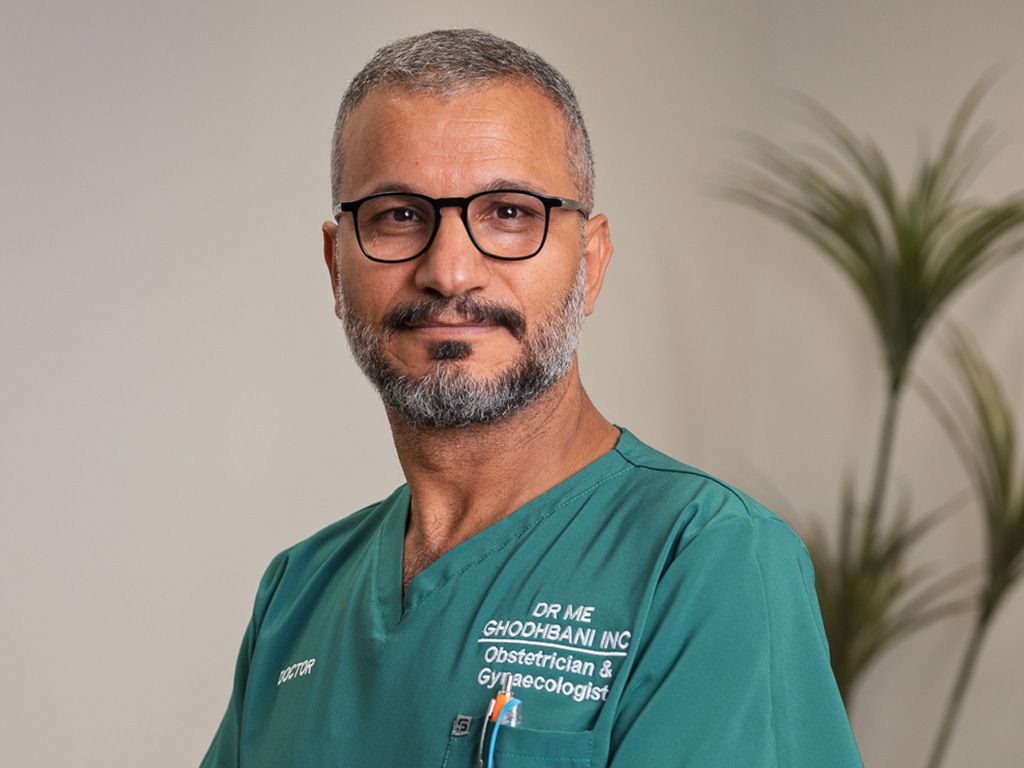New medication therapies must form part of the conversation around diabetes
Quality of life for patients takes giant leap forward with recent advances in treatment
So often, the conversation around type 2 diabetes is focused on the impact of lifestyle choices. While the importance of this factor cannot be underestimated, specialists are emphasising the need for awareness around the many advancements in medication, which can dramatically improve outcomes for diabetes patients.
Speaking ahead of World Diabetes Day Sunday, 14 November, Dr Tanya van der Made, an endocrinologist and specialist physician practising at Netcare Alberlito Hospital in Ballito, says that South Africa has one of the highest obesity rates in the world. “Obesity can increase the risk of developing type 2 diabetes by as much as 90-fold. We therefore cannot turn a blind eye to the healthcare crisis we are currently facing, which is directly linked to lifestyle issues, including poor nutrition and lack of physical fitness.
“The fact is that we have a large population of people with type 2 diabetes who are past the point of prevention but who would still be able to live more productive and fulfilling lives if their disease was managed optimally. This involves not only maintaining a healthy lifestyle but also having regular assessments of the effectiveness of the medication they are taking. Many of the older treatments may keep the status quo but more advanced treatments could be so much more effective.”
Dr Van der Made points out that diabetes medication has broken many new frontiers in recent years, which means that there is considerable hope of an even better quality of life for patients. “The possibility of better patient outcomes is now well within reach with a change of medication. It is therefore in the best interest of patients for treating doctors to consider the potential benefits of new medication before renewing an existing script,” she notes.
“For example, a patient may be on a particular treatment that does the basic job of keeping their diabetes under control, but it is always important to weigh up the possible benefits of a new treatment approach. I liken it to an astronaut who has the option of wearing a space suit from the 1980s or a newly developed space suit in the year 2021. Granted, the old one has its place in history and may still get the job done but why wouldn’t the astronaut consider the new suit if it may improve their experience on the journey?”
According to Dr Van der Made, the advantages of new diabetes medications for patients often extend beyond diabetes itself, to include cardiovascular and renal health improvements, to name but a few. She says that if a patient is not on target with their progress, healthcare providers should consider an individualised approach with substitution or simplification of medications, in consultation with other experienced practitioners if required. By the same token, she says patients need not be alarmed when their doctor suggests a different therapy, and recommends that they ask their treating doctor about new medicines at their next check-up.
“The pandemic has highlighted a number of serious health issues, not least of which is the ongoing association between type 2 diabetes and obesity. Again, as with diabetes, the management of obesity is not often discussed beyond diet and lifestyle, yet certain new medications are going as far as to also assist with weight loss, thereby benefiting patients who have been unable to make progress without medication assistance,” she notes.
“GLP1 RA (glucagon-like peptide 1 receptor analogues), for example, were initially used to alter and improve certain functions in the body for diabetics. However, they can also help to control appetite directly via the appetite centres in the brain, thereby reducing the intense hunger described by many type 2 diabetics.”
Furthermore, Dr Van der Made explains that robust research on these medications has shown them to provide additional pharmacological benefits, such as reducing cardiovascular risk in high risk type 2 diabetes patients, as demonstrated during trials for cardiovascular outcomes.
“These medications are administered under the skin and options exist for daily or weekly doses. As is the case with so many new healthcare developments globally, cost can be a determining factor that patients and their doctors will need to discuss.
“Another class of medicines, SGLT2 inhibitors (sodium glucose linked transporter 2), indicated for type 2 diabetes, assists diabetics to pass more glucose through their urine and generally lowers the risk of low blood sugar levels, depending on what other medications the patient may be taking. This medication results in weight loss as well, and has the added benefit of lowering blood pressure, demonstrating a significant reduction in the risk of heart failure for patients.
“These medicines are just some examples of the latest developments in the management of diabetes, and I am excited about the possibilities of improving the quality of life for patients with the condition. We have the science, the research and the technology to safely and boldly go where we could not go before.
“Despite the challenging times in which we are living, it is most encouraging to see the medical evolution in managing conditions such as diabetes, and to know that when supported by responsible lifestyle choices, there are more options available for people with diabetes, offering them a better chance than ever before at achieving the best possible health,” concludes Dr Van der Made.













